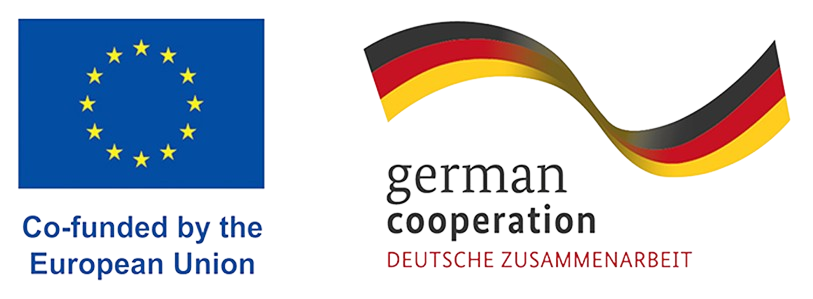
Over three thousand fewer babies were born in Kosovo during 2023, compared to 2021. Financial factors, careers, previous experiences in raising children and population migration are considered to be among the reasons for parents to do less or not at all child.
According to the data of the Ministry of Internal Affairs (MIA) sent to KosovaPress, it appears that 3 thousand 173 fewer births were performed in 2023, compared to 2021. Meanwhile, a slight increase in the number of births during the year is observed last year, compared to 2022.
"In 2021 there are 44 thousand 11 births, in 2022 there are 40 thousand 517 and in 2023 there are 40 thousand 838 births", says a written response from the Ministry of Internal Affairs.Meanwhile, Rexhep Kaçandolli, the father of five children, calls the young people's decision for small family planning a mistake. According to him, the tradition of giving birth to more children should be continued, in order to "increase the population".
Professor of economics, Florin Aliu for KosovaPress, he emphasizes that the drop in the birth rate is a problem that the countries of the European Union are also facing, for which he adds that this issue should be a priority of the government.
According to Xërxes, this phenomenon is not negative and that parents do family planning according to opportunities and circumstances.
According to the decision taken by the Ministry of Finance for subsidies, children who were born on January 1, 2020, benefit from the aid of 20 euros. Meanwhile, for those who were born from 2018 onwards, until the age of 16, they receive from 10 euros per month.
With this subsidy, unemployed pregnant women receive 170 euros for six months, while employed pregnant women receive the same amount for three months.
Full news on the prepaid system...

